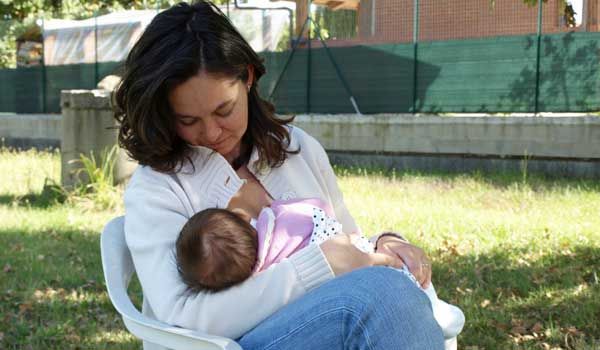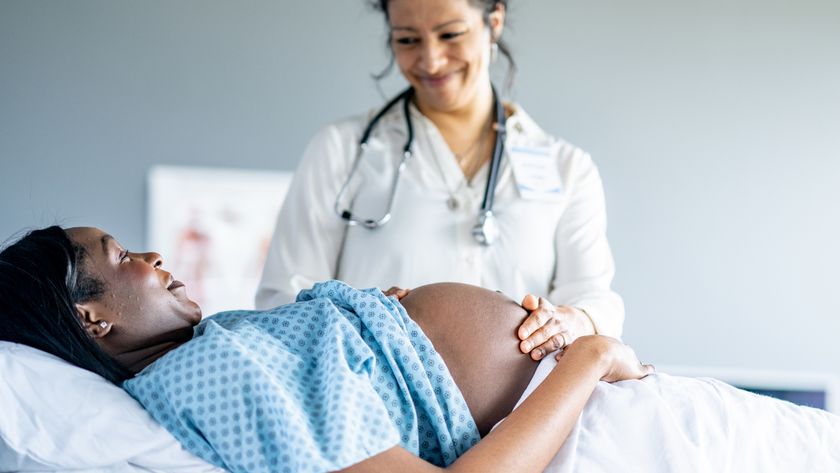Breast-Feeding Keeps Moms Thin Decades Later

While breast-feeding is touted partly as a way to help new mothers lose weight, it may help keep their weight down even decades later, a new study from England suggests.
Researchers found that women who had children tended to have higher body mass indexes later in life than did women with no children; however, the researchers were able to associate every six months of breast-feeding with a 0.22 drop in BMIs among the women in their 50s and early 60s.
This translates to a 1 percent drop in BMIs for every six months of breast-feeding, the researchers said.
"We already know breast-feeding is best for babies, and this study adds to a growing body of evidence that the benefits extend to the mother as well, even 30 years after she’s given birth," said study researcher Dr. Kirsty Bobrow, a researcher at the University of Oxford.
Producing breast milk requires energy, often burning up to 500 calories per day, explained Cheryl Lovelady, a professor of nutrition and a breast-feeding expert at the University of North Carolina at Greensboro. "If you didn’t change your calorie intake at all, you’re losing a pound of week," she said.
The study was published July 10 in the International Journal of Obesity.
Weight loss and breast-feeding
Sign up for the Live Science daily newsletter now
Get the world’s most fascinating discoveries delivered straight to your inbox.
Bobrow and colleagues collected data on 741,000 women who had taken part in the Million Women study, conducted in England and Scotland between 1996 and 2001. As part of that study, women had reported how many children they bore, how long they had spent breast-feeding, their BMI, and other factors known to affect weight, such as smoking or physical activity. The women's average age at the time of the study was 57.5.
Of the 741,000 women, 88 percent had at least one child, and 70 percent of those mothers reported breast-feeding for at least some time. The average duration of breast-feeding was 3.1 months per child.
Among women with the same number of children, those who had breast-fed had the lower BMIs. The researchers noted that the women with more children were more likely to have breast-fed at least one of them.
Losing weight during the post-partum period, within six months to a year after birth, is critical, because women who don't lose their "baby weight" then have an increased chance of carrying extra weight later in life, Lovelady said.
Women who choose not to breast-feed or can’t should still focus on losing the weight during the post-partum period, she said.
Breast-feeding and health
Breast-feeding has benefits besides burning calories. It regulates hormones and reduces risk of breast or ovarian cancer, Lovelady said.
The researchers noted that childless women in the study had lower average BMIs than did mothers who breast-fed for more than 10 months.
Decreasing weight, even modestly, can improve health, the researchers said. Prospective studies have shown that a BMI increase of 1 percent is equivalent to a 1 percent increase in the risk of dying of any cause, the researchers reported.
Pass it on: While having children tended to raise women’s BMIs later in life, breast-feeding was seen to combat that weight gain.
Follow MyHealthNewsDaily on Twitter @MyHealth_MHND. Find us on Facebook and Google+.

'Love hormone' oxytocin can pause pregnancy, animal study finds

'Mini placentas' in a dish reveal key gene for pregnancy










